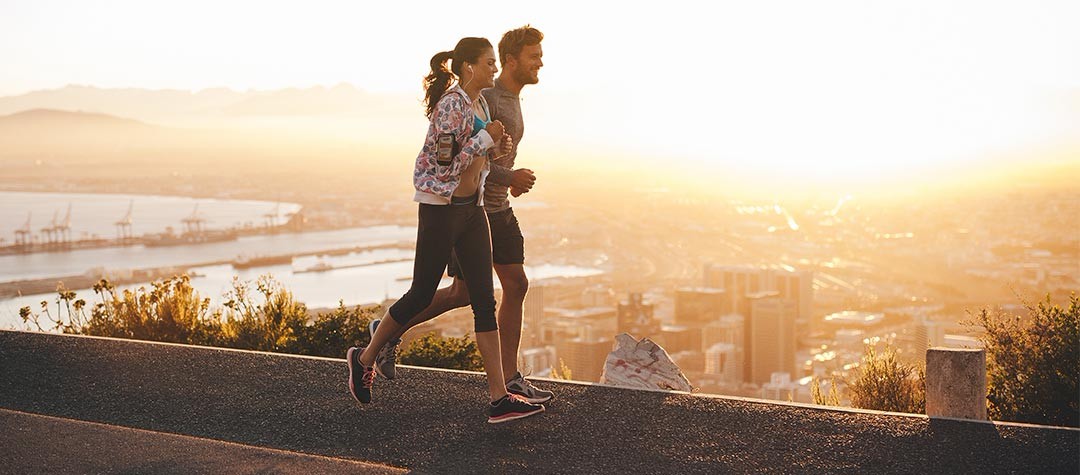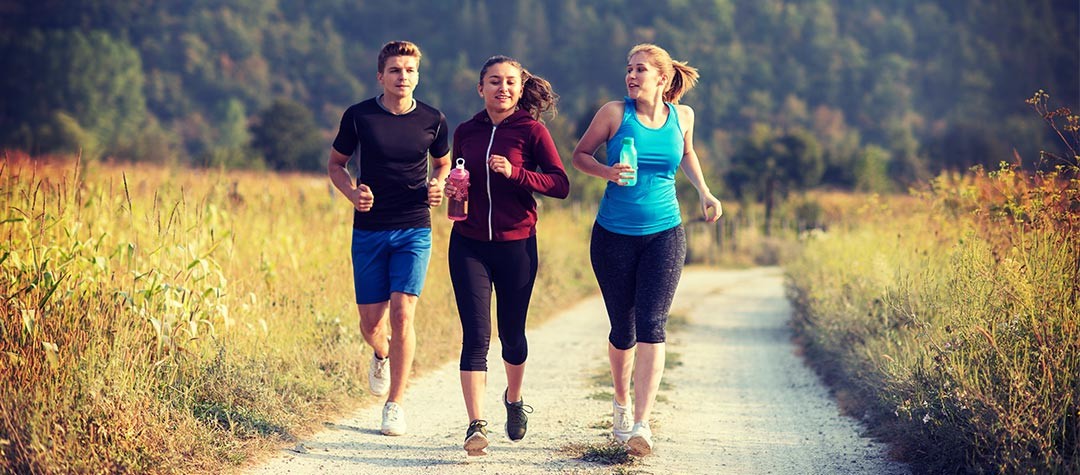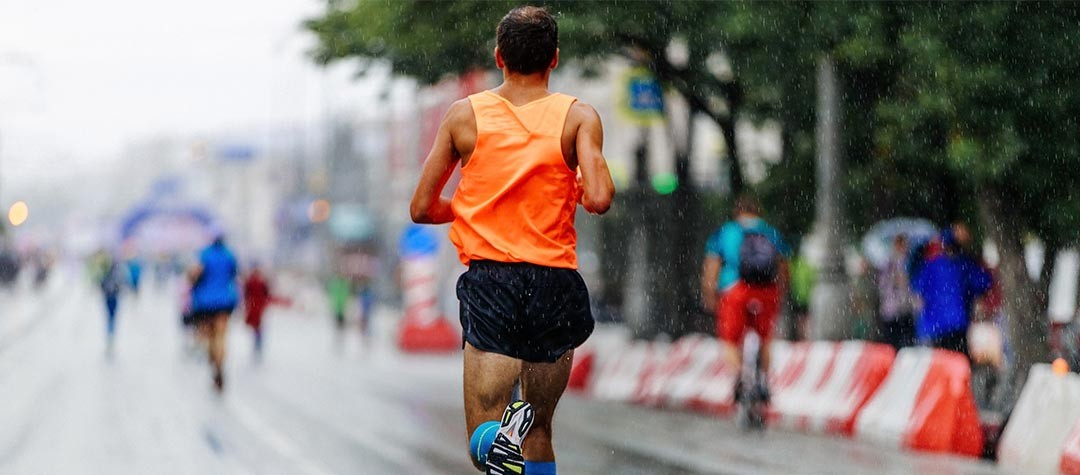Keeping your running training going may not be your first thought when considering your vacation, but with all that time at your disposal it can be the ideal time for running.
Even the most dedicated of runners finds it tough to maintain their fitness whilst on holiday. After all, another hour at the beach is far more tempting than sweating it out in the hotel gym. Plus, when you’re away the weather, the terrain and the routes tend to completely contrast what you’re used to, which means running feels a lot tougher.
But in lots of ways, that’s exactly why going on holiday can actually be a great time for you to train. Try to see your holiday as an opportunity to boost your fitness, improve your performance and enhance your training.
Here we show you how to make the most of your trip away and stay safe whilst running on holiday:
Embrace your new environment
When we go on holiday we tend to go to a new environment, whether that be a country break, a seaside resort or a city getaway. Instead of doing the types of sessions you normally do at home, try to embrace your new holiday environment.
So, if you normally run in the city, try running on the beach. If you do most of your training sessions on a treadmill, try trail running. Be aware that you probably shouldn’t push your body as hard as you would in your normal sessions. You may cause yourself an injury if you do so.
If there are some sights you want to see, plan a running route that lets you check out some of the local landmarks.
Get the right kit
When you’re packing think of the kind of terrain you’re going to be running on. Is it going to be hilly, wet, flat? Will you run on the beach or road? If you’re not sure, plan your route using an online mapping tool. Once you know the kind of terrain you’ll be running on during your holiday, you can pack the right running shoes.
As well as packing the right kind of clothes for the climate (think loose, wicking running gear, sunglasses and a hat for the heat, and plenty of layers, a hat and a pair of decent gloves for the cold) there are other pieces of kit you’ll find useful on holiday.
For example, resistance bands are great for those moments when you need a workout but can’t get to a gym. A foam roller may be bulky, but a holiday is the perfect time to give your body the attention it needs to recover and recuperate if you’ve been training hard. It can also be handy to take some high-viz clothing to help keep you visible on training routes you’re unfamiliar with.
Be flexible and realistic
If you’re following a training plan you need to be realistic about what you can achieve. Take a flexible approach. So, for example if your training plan has a sprint session scheduled in but you’re staying half way up a mountain, the chances are you aren’t going to be able to complete it.
Before you go on holiday think of alternative sessions you can do, looking for inspiration on the internet if you’re struggling. Remember, you may not have WiFi when on holiday, so if you think of alternative sessions now you’ll be more likely to complete them.
Know your route
Running somewhere you have never run before, in a completely new culture, can be great. But if you don’t prepare correctly, it can also become a little disastrous.
Firstly, make sure you plan your route properly and print it out when you head out for your run. If you don’t, you could easily get lost.
You should also ask the locals about the route you plan to take – do they think it’s safe? Are you heading out during a festival? Are there any wild dogs in the area? If you got hurt, where is the nearest hospital or doctor’s surgery?
It may sound a little dramatic, but these are the kinds of questions you need to consider. Finding out the answers will keep you safe.
Get adventurous
You’re on holiday. It’s the perfect time to try new things. So do an exercise you’ve never done before, whether that’s taking out a sea canoe, going rock climbing or cycling. Training like this is great because you don’t feel like you have to miss out on any holiday fun. Plus, your body will be challenged by the new activity, which should help boost your fitness. Hopefully you’ll also continue cross training when you get home.
Obviously, before trying anything new you should always take precautions so that you remain safe, and be sure to seek professional help where necessary.















